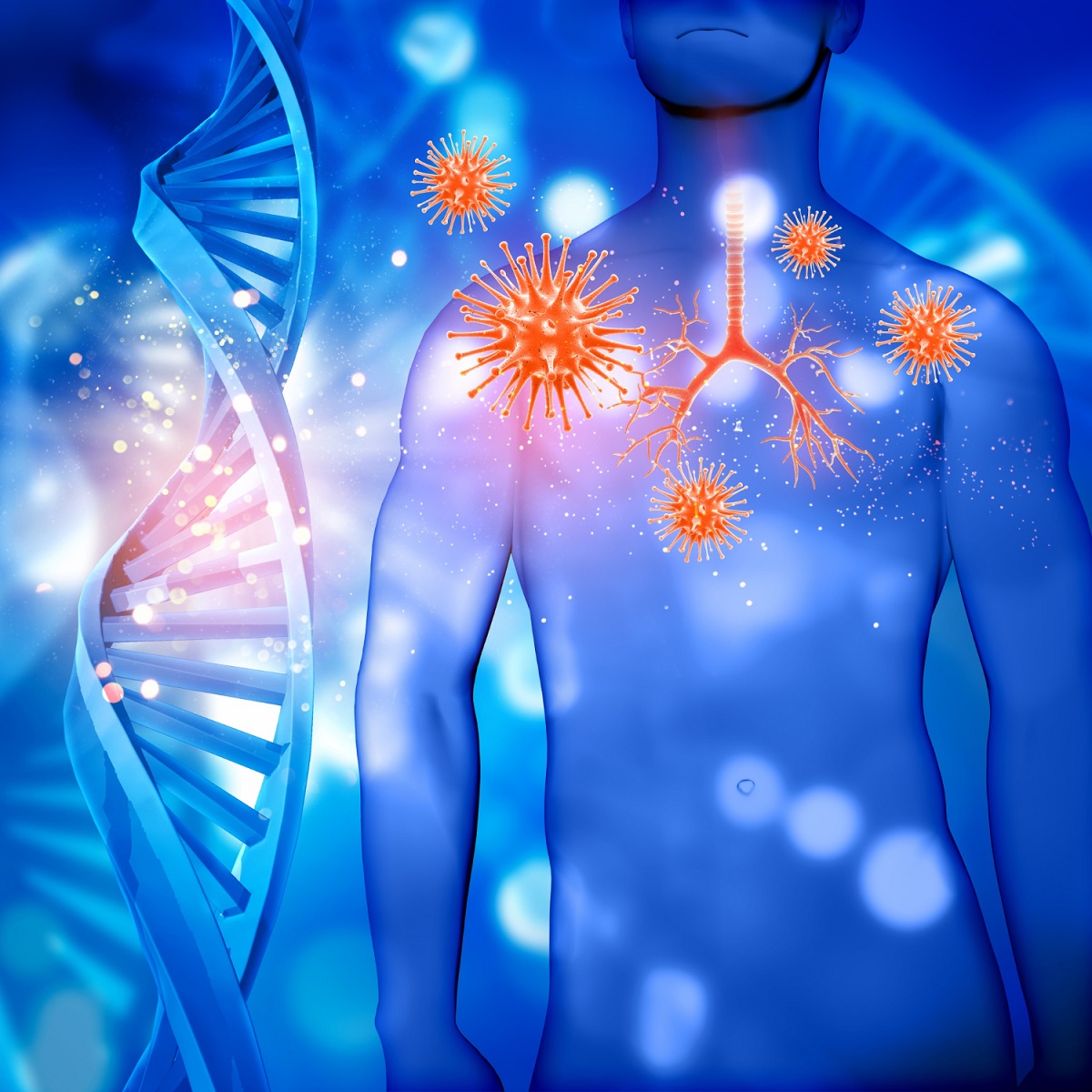KEY TAKEAWAYS
- The phase III trial aimed to further evaluate the safety and efficacy of high-dose aumolertinib in advanced NSCLC patients.
- The study showed good tolerability and promising antitumor activity in advanced NSCLC with uncommon EGFR mutations, warranting further investigation in a Phase 3 trial.
Patients with non-small cell lung cancer(NSCLC) harboring uncommon EGFR mutations face limited treatment options due to ineffective EGFR-TKIs.
Researchers aimed to further evaluate the safety and efficacy of high-dose aumolertinib in advanced NSCLC patients with uncommon EGFR mutations, building on prior positive results from Cohort 1.
Patients were administered aumolertinib monotherapy at a dose of 165mg PO QD. The primary endpoint was safety, while secondary endpoints comprised objective response rate (ORR), disease control rate (DCR), progression-free survival (PFS), and overall survival (OS).
Of 20 enrolled patients, 17 were included in the efficacy analysis set (data cutoff March 31, 2023). The median age was 58 years (range 42-73), with 52.9% female. ORR, DCR, and median PFS were 47.1%, 100%, and 11.8 months, respectively.
In a subgroup analysis based on genotypes, the ORR was 50% and 33.3% in G719X&L861Q&S768I and other genotypes, respectively. G719X, L861Q, and S768I mutations occurred in 8, 6, and 2 patients, while other mutations included L747P/S, V774M, H773L, etc. There were no new safety signals or concerns were identified.
The study showed good tolerability and promising antitumor activity in advanced NSCLC with uncommon EGFR mutations, warranting further investigation in a Phase 3 trial.
Source: https://cattendee.abstractsonline.com/meeting/10925/presentation/2320
Clinical Trial: https://clinicaltrials.gov/study/NCT04951648
Fang WF, Bu Q, Wang QM, Zhao WH, Wang LP, Dong XR, Chen PF, Wen ZB, Jia J, Jiang GM, Zhang L. Safety and Efficacy of Aumolertinib in Patients with Advanced NSCLC Harboring Uncommon EGFR Mutations: Cohort 2 Updated.



